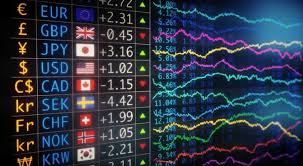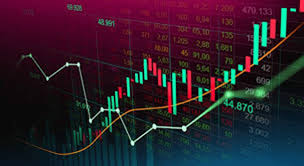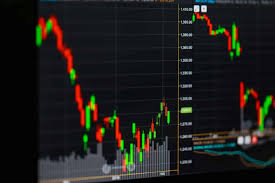
Understanding Forex Trading Scams
The world of forex trading can be both exciting and lucrative, but it also carries the risk of scams and fraudulent schemes. As the market grows, so do the tactics employed by con artists looking to exploit inexperienced traders. In this article, we will delve into various types of forex trading scams, how to identify them, and what you can do to protect yourself. For reliable information and resources, visit forex trading scam https://onlinetrading-cm.com/.
What is Forex Trading?
Forex, or foreign exchange, refers to the global marketplace for buying and selling currencies. Unlike traditional stock markets, the forex market operates 24 hours a day, five days a week, and is the largest financial market in the world. Traders can profit by speculating on the value of one currency against another, making it an attractive investment avenue. However, its decentralized nature and high liquidity make it a target for scams.
Common Types of Forex Trading Scams
Several common scams plague the forex trading landscape. It’s crucial to educate yourself about these to avoid falling victim:
Pyramid Schemes
Pyramid schemes lure investors with promises of high returns based on recruiting others into the scheme. While legitimate forex trading requires skill and strategy, pyramid schemes focus more on recruitment, leaving most participants with losses.
Signal Seller Scams
Many scammers advertise themselves as “signal providers,” claiming they can offer profitable trade signals for a fee. Some may provide genuine insights, but many simply take your money and disappear. Always research signal providers thoroughly before trusting them with your finances.
Phony Brokers

Some fraudulent forex brokers operate without licenses or proper regulation, making it difficult for traders to recover their funds once they’ve been scammed. It is critical to choose a broker that is regulated by reputable financial authorities to ensure your investment is protected.
High-Yield Investment Programs (HYIPs)
HYIPs promise astronomically high returns with little to no risk. While they may seem enticing, they often turn out to be Ponzi schemes, where returns for older investors are paid using the new investors’ capital. Eventually, these schemes collapse, leaving most investors with nothing.
How to Identify Forex Trading Scams
Recognizing the telltale signs of a scam can save you from financial ruin. Look out for the following red flags:
Unrealistic Promises
If it sounds too good to be true, it probably is. Be cautious of any program that promises guaranteed returns or “surefire” methods to profit.
Lack of Regulation
Always check whether the broker or signal provider is regulated by a recognized authority. In the US, for instance, reputable brokers will be registered with the Commodity Futures Trading Commission (CFTC) and the National Futures Association (NFA).
Pressure Tactics
Scammers often use high-pressure sales tactics to rush you into making decisions without proper research. Legitimate businesses will encourage you to take your time and consider your options.
Absence of Transparent Information

Reputable firms will provide transparent information about their services, fees, and performance. Be wary of companies that are reluctant to share details or provide vague promises.
Protecting Yourself Against Forex Scams
While scams can happen to anyone, there are several ways you can protect yourself:
Research and Due Diligence
Before investing, conduct thorough research. Look for reviews, testimonials, and regulatory status. Websites like onlinetrading-cm.com can help provide insights into reputable trading platforms.
Start Small
If you’re new to forex trading, consider starting with a demo account or trading with a small amount of capital. This way, you can gain experience without risking too much of your money.
Educate Yourself
Take the time to learn about forex trading strategies, market analysis, and risk management. The more informed you are, the less likely you are to fall for scams.
Consult Financial Experts
When in doubt, consult with financial advisors or professionals in the industry. They can provide guidance and help you navigate tricky situations.
Conclusion
Forex trading holds immense potential for profit, but it also comes with significant risks, including scams and fraud. By educating yourself about common scams, recognizing red flags, and employing strategies to protect your investment, you can navigate the forex market more safely. Always prioritize due diligence and stay informed to enhance your trading experience while safeguarding your finances.
